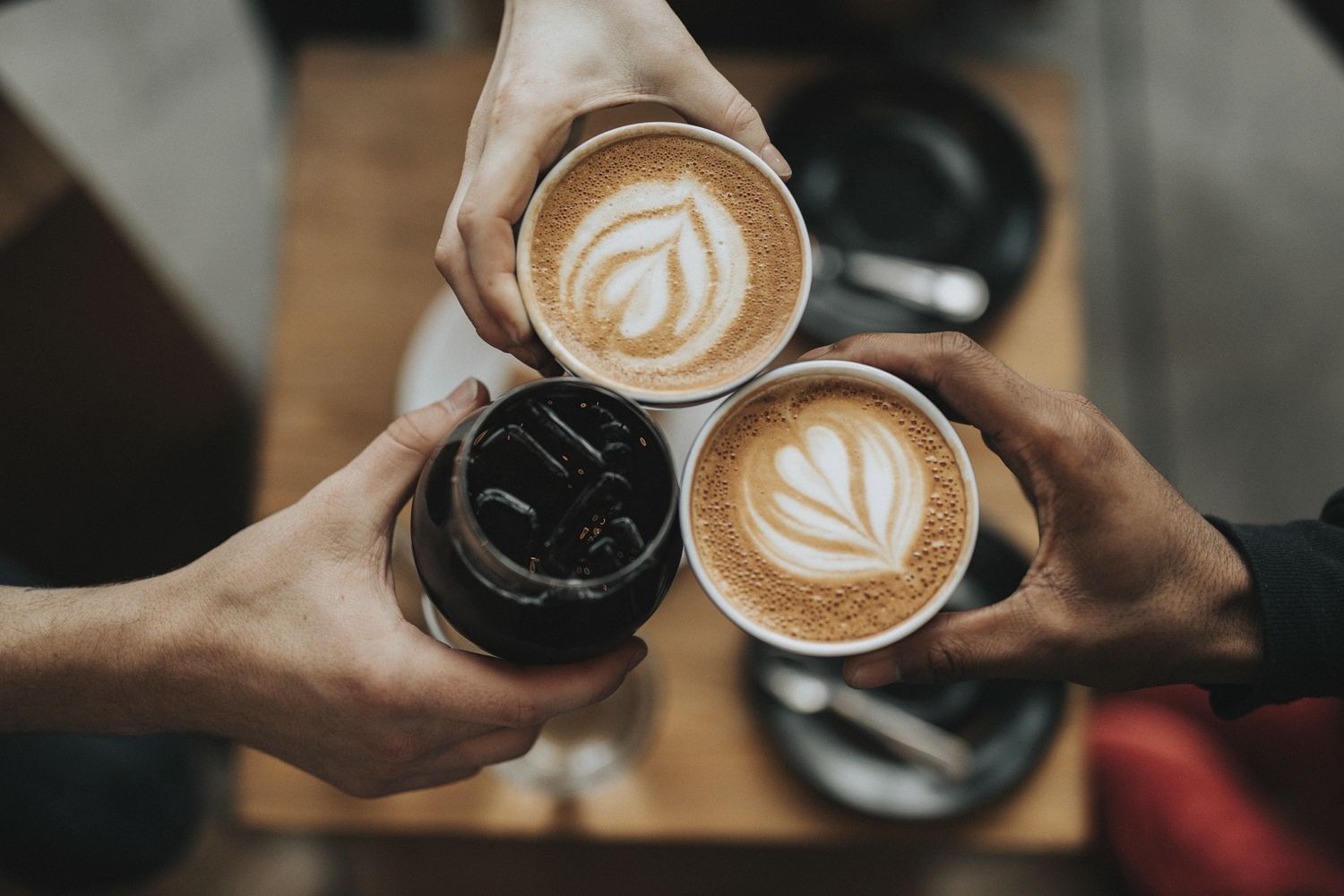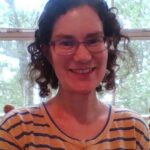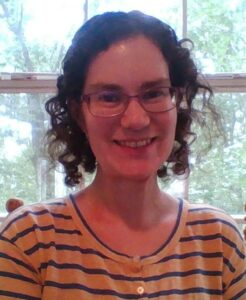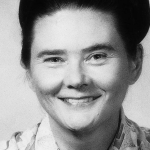I don’t drink, don’t smoke, don’t do drugs, and despite the NYT‘s best efforts to sell us all on polyamory in this Anno Domini 2024, I definitely don’t plan on experimenting with that either.
My addiction, rather, is of a more respectable variety. Since the first semester of college, I have been hopelessly addicted to caffeine—which I consume almost exclusively in the form of coffee.
It all began innocuously, as it often does, with a paper deadline. Realizing one night that I needed to stay up later than usual to complete an assignment, I filled up my large travel mug, usually reserved for tea, with coffee from the dining hall at dinner. A splash of milk made the highly acidic brew tolerable. The results? I honestly don’t remember, but presumably the paper got done. And a habit was born.
The experiment was deliriously exhilarating. We mortals are defined by our finitude. We must rest. Machines, unlike people, don’t have to sleep. But what if a workaround could be found? What if I, a mere human, could become like a machine in this one area alone—eliminating the need for rest, or at least significantly reducing it? With the sort of outrageous bravado that only an eighteen-year-old can muster, I began consuming more coffee while cutting back on sleep, all so I could read and study more. All that new Greek vocabulary wasn’t going to learn itself, you know. It seemed to work just fine, although friends noticed I grew more fidgety and oddly jumpy over the course of the fall. Probably unrelated, I figured. After all, I felt great otherwise. When I came across caffeine pills about a month before the end of the semester, it seemed like a perfect addition to my regimen. For if a thing is good, surely more of it would be even better. I began taking those pills with my coffee in the morning, at lunchtime, and at dinner.
For the remainder of that semester, my body and brain thrummed with an energy and hyper-alertness I didn’t know was possible and have rarely experienced since. But after completing final exams that fall, I slept for the remainder of the entire month of December. Maybe my body had limits after all.
I never returned to caffeine pills after that fall semester, but it marked the beginning of a life-long dependence on coffee. Something about the mere smell of it makes me feel like reading and writing and thinking deep thoughts—and maybe memorizing more Greek vocab too. Only once in my life did I experience an intense aversion to coffee—during pregnancy with my middle son, when the mere smell of coffee (and fish, and chicken, and a very long list of other things—except, one must note, cannoli) made me nauseous. But following my son’s arrival, I resumed my habit with delight.
Over time, various increasingly more creative devices of brewing coffee have accumulated in my kitchen, including a pour-over narrow-necked glass pot, a French press, and most recently, a stove-top Italian-style espresso maker. The latter brews a triple shot of espresso in mere minutes, which I dump every morning into a cup of oatmilk, creating a quick latte of sorts. Repeat at noon with lunch. Dosage should keep me sufficiently alert until around midnight, when I really should go to bed anyway.
Perhaps, instead of offering an illusion of power and the ability to overcome my body’s need for rest, though, my dependence on caffeine now makes me realize how weak I am, how ordinary. Even the need to switch to oatmilk in my coffee over the past few years is a reminder of limits, memento mori style—a daily restatement of the truth that I am getting older, so my body, previously so resilient, can no longer tolerate much dairy. A more general truth is that I can do very little on my own. My life is deeply enmeshed with the lives of other people—my husband, children, church, geographical community, and intellectual community. Every moment of my life is connected to them in various complex ever-changing ways. To some I bear greater responsibility than to others, but to all of them I owe something, however minuscule—even if it is just an email to a stranger in response to a question.
Who are we anyway? We are no isolated islands, no matter how individualistic our society’s messaging about make-your-own-self. Even coffee ultimately reinforces this truth. I stay awake so I can take care of others, first and foremost—but also, yes, as in college, I want to stay awake as long as I can, so I can engage with the ideas of others. I need time to read, write, and reflect. Such wakefulness is a gift, a delight. No wonder the Europeans from the sixteenth century on were so enthralled with the potential caffeine offered to enhance the intellectual life. Dubbed “penny universities,” coffeeshops played a leading role in facilitating conversations and disseminating ideas in Early Modern Europe. They continue to play this role today—all over the world. Where do you meet a friend or an acquaintance, old or new, to discuss a book, plan an event, or just catch up on life? The coffeeshop, of course.
Indeed, this is the key difference between a caffeine addiction and an addiction to other substances. While the consumption of alcohol or drugs gradually but surely takes the addict farther and farther away from other people and even from reality, blunting the mind and the senses, the consumption of caffeine serves to hone one’s senses and thought processes in the present. This is why it so naturally functions as an instrument of intellectual fellowship—both when we meet friends in the flesh for coffee and a conversation and when we drink coffee alone, seated with a good book or while writing.
So on we continue as dear friends, my respectable addiction and I. And if you and I are ever in the same place at the same time, let’s meet and talk over a cup of this good stuff. It could be at the local coffeeshop or perhaps even in my kitchen. Don’t worry. I’ll clear my daughter’s Play-Do creations off the counter first.
Image Via: Butter.Atl







4 comments
Dominic Garzonio
A friend of mine, who was trying to quit smoking, once lamented, “Why haven’t they invented a healthy cigarette, yet?” To which I replied, “They have. It’s called coffee.” Love the stuff!
Frank Sterle Jr.
Meanwhile, most people, including me, self-medicate in some form or another (besides caffeine), albeit it’s more or less ‘under control’. And there are various forms of self-medicating, from the relatively mild to the dangerously extreme, that include non-intoxicant-consumption habits, like chronic shopping/buying, gambling, or over-eating.
If they’re anything like drug-intoxication self-medicating or addiction, it should follow that: the greater the induced euphoria or escape one attains from it, the more one wants to repeat the experience; and the more intolerable one finds their non-self-medicating reality, the more pleasurable that escape will likely be perceived. In other words: the greater one’s mental pain or trauma while not self-medicating, the greater the need for escape from one’s reality, thus the more addictive the euphoric escape-form will likely be.
With food, the vast majority of obese people who considerably over-eat likely do so to mask mental pain or even PTSD symptoms. I utilized that method myself during much of my pre-teen years, and even later in life after ceasing my (ab)use of cannabis or alcohol. Though I don’t take it lightly, it’s possible that someday I could instead return to over-eating.
Carl Ashby
When I was a boy I remember coming home from school to find my mother with a group of friends. They had been drinking coffee for about 4 hours. Five people talking at a very high rate all at once. They appeared to be having a grand time, but I’m not sure about the quality of the communication.
For the record I love the stuff too!
Frank Sterle Jr.
The unfortunate fact is: the greater the induced euphoria or escape one attains from the self-medicated experience, the more one wants to repeat the experience; and the more intolerable one finds their non-self-medicating reality, the more pleasurable that escape will likely be perceived. In other words: the greater one’s mental pain or trauma while not self-medicating, the greater the need for escape from one’s reality, thus the more addictive the euphoric escape-form will likely be.
Comments are closed.